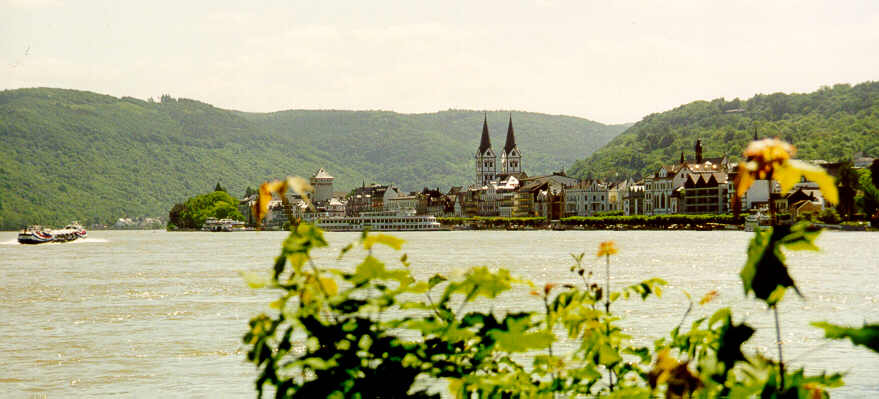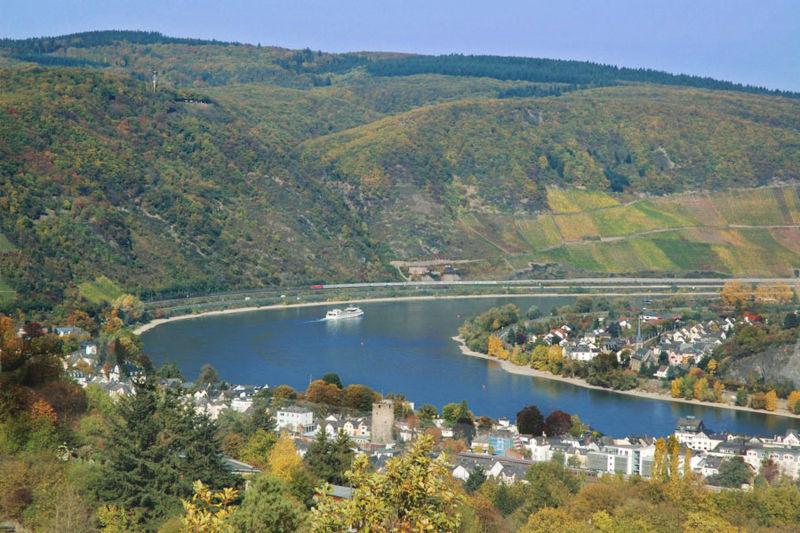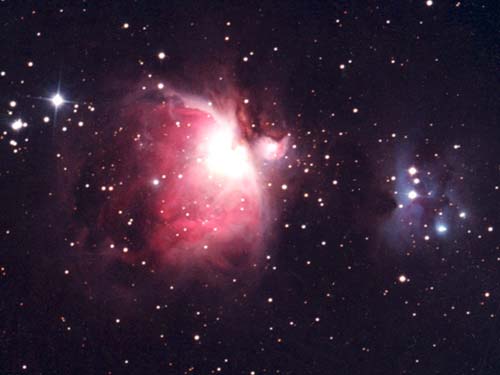Over the next five years, European ground-based and space-based missions will open up the universe to high spatial and spectral resolution studies at infrared and submillimeter wavelengths. This will allow us to study, in much greater detail, the composition and the origin and evolution of molecules in space. Moreover, molecular transitions in these spectral ranges provide a sensitive probe of the dynamics and the physical and chemical conditions in a wide range of objects at scales ranging from budding planetary systems to galactic and extragalactic sizes. Hence,these missions provide us with the tools to study key astrophysical and astrochemical processes involved in the formation and evolution of planets, stars, and galaxies.
Laboratory astrophysics provides data which can be used for the interpretation of astronomical observations. These informations range from line lists of interstellar molecules to rate coefficients for reactions at low temperatures. Experimental data have to be conducted at conditions simulating the low temperature and very low density environments in space. These conditions pose a challenge to current experimental physics and physical chemistry.
The European Network "The Molecular Universe" organizes a summerschool on "Laboratory Astrophysics" from August 28 through September 1, 2008 at Boppard/Rhein, Germany.

At this summerschool several experts in the field of laboratory astrophysics present lectures on specific topics covering the most important aspects relevant for the "Molecular Universe". This comprises gas phase collisions, surface science and spectroscopy with an emphasis on state-of-the-art laboratory techniques. This summerschool aims at providing graduate students and postdocs with a thorough background in laboratory techniques of molecular astrophysics.

Laboratory astrophysics provides data which can be used for the interpretation of astronomical observations. These informations range from line lists of interstellar molecules to rate coefficients for reactions at low temperatures. Experimental data have to be conducted at conditions simulating the low temperature and very low density environments in space. These conditions pose a challenge to current experimental physics and physical chemistry.
The European Network "The Molecular Universe" organizes a summerschool on "Laboratory Astrophysics" from August 28 through September 1, 2008 at Boppard/Rhein, Germany.

At this summerschool several experts in the field of laboratory astrophysics present lectures on specific topics covering the most important aspects relevant for the "Molecular Universe". This comprises gas phase collisions, surface science and spectroscopy with an emphasis on state-of-the-art laboratory techniques. This summerschool aims at providing graduate students and postdocs with a thorough background in laboratory techniques of molecular astrophysics.

